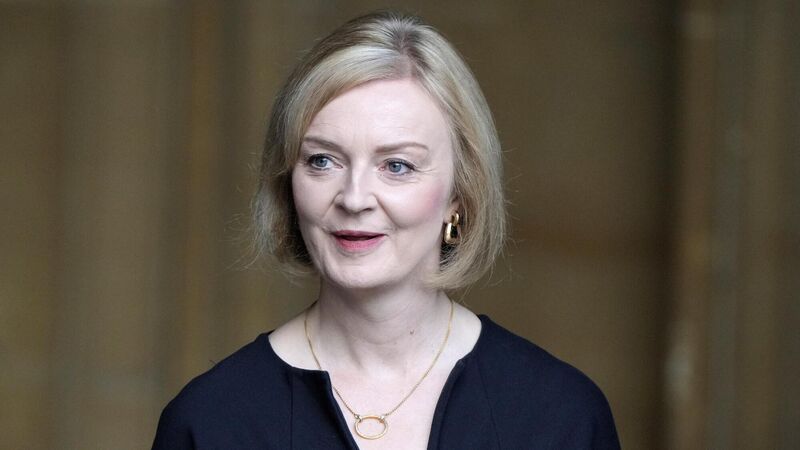British business hails plan to cap energy bills at half of market rate

British prime minister Liz Truss said there is a danger that cafes, pubs, and shops could go out of business without the new scheme.
The British government unveiled a multibillion-pound bailout to help companies with their energy bills this winter amid soaring prices that threaten to put many out of business.
Under the estimated £40bn (€46bn) plan, the UK government will cap the wholesale energy prices that feed into gas and power contracts for businesses for six months. Thereafter, a review will determine whether ongoing support is needed for specific sectors.














